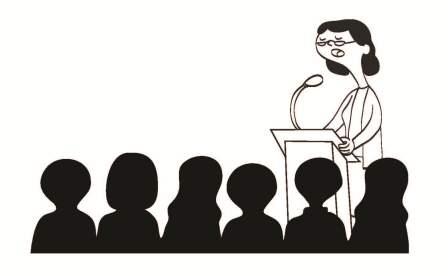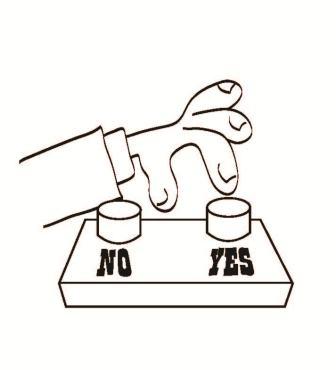How a Bill Becomes a Law - Middle School
General Assembly - Senators and Delegates

The Senate and House of Delegates make up the General Assembly. There are 40 Senators and 100 Delegates. Members of the General Assembly create and change the laws of Virginia. They are elected by the people in Virginia. Senators serve four-year terms and Delegates serve two-year terms.
Drafting and Introduction
The legislative member presents the idea and requests that it be DRAFTED INTO A BILL. In January, when the General Assembly meets, the Senators and Delegates introduce their bills in their respective chambers.
Committee Action

The bill is REFERRED to a committee. The members of the committee consider the bill and decide what action to take. This is when the public may speak.
After listening to the testimony, the committee will vote to recommend the passage or defeat of the bill. They may also offer changes (called amendments). If the committee recommends passage of the bill, it then goes back to the chamber where it was introduced.
Floor Action

The title of the bill must be read or printed in the calendar three times.
FIRST READING: The bill is printed in the calendar or is read by the Clerk.
SECOND READING: The bill may be amended after it has been read a second time. In the House of Delegates, the bill will be debated.
THIRD READING: In the Senate, the bill may be debated. A final vote is taken during the third reading.
Voting

If the bill passes, it is then SENT TO THE OTHER CHAMBER where it follows a similar process of committee action, floor debate, amending, and voting. If the bill passes both houses in the same form, it then goes to the Governor. If the bill is amended by the other house, it is then returned to the body from which it originated for approval of the amendment.
A COMMITTEE OF CONFERENCE is usually created to resolve any differences between the Senate and House of Delegates.
Governor's Action

Once passed in the same form, the bill is then sent to the Governor for his approval.
The GOVERNOR may:
- • sign the bill into law
- • amend the bill and return it to the General Assembly for their approval
- • veto the bill and return it to the General Assembly *(the Senate and House of Delegates may override the Governor's veto by a two-thirds vote of both houses)
- • take no action and the bill becomes law without his signature
Law

Bills that become law during a Regular Session (or the Reconvened Session that follows) are effective on July 1st, unless otherwise specified.